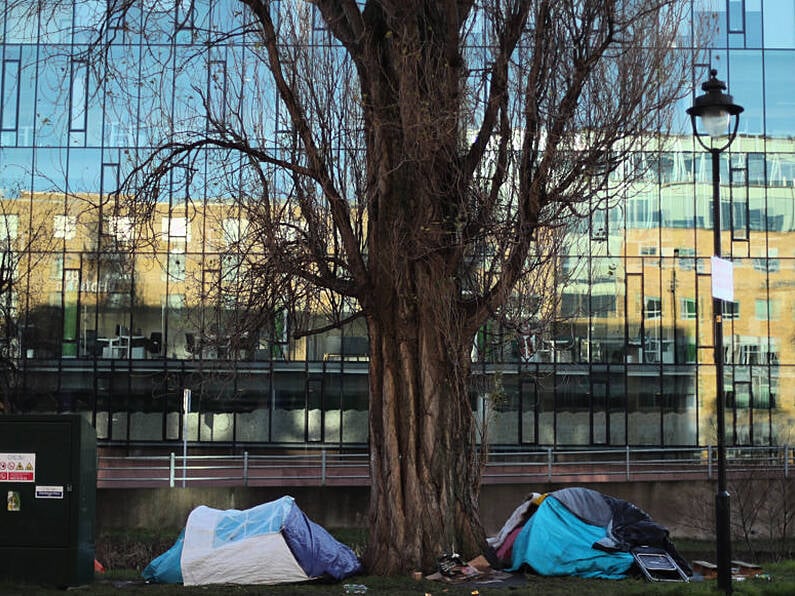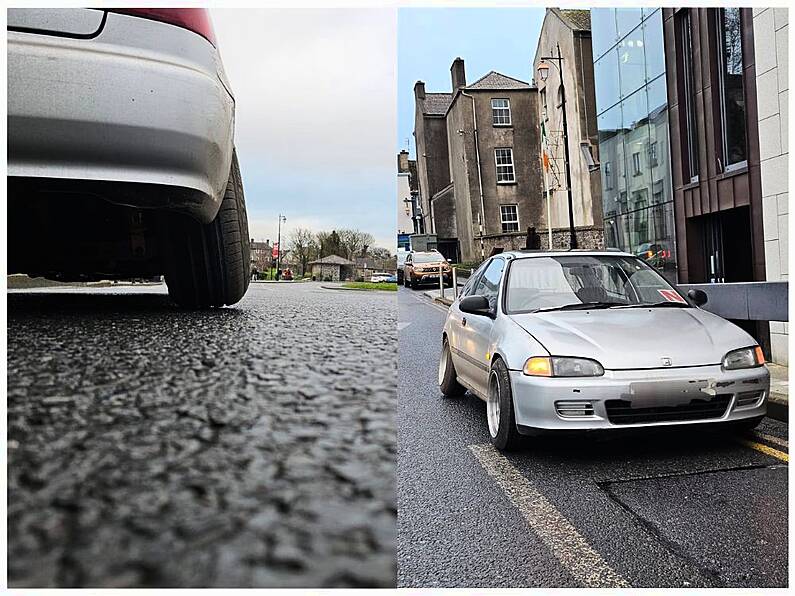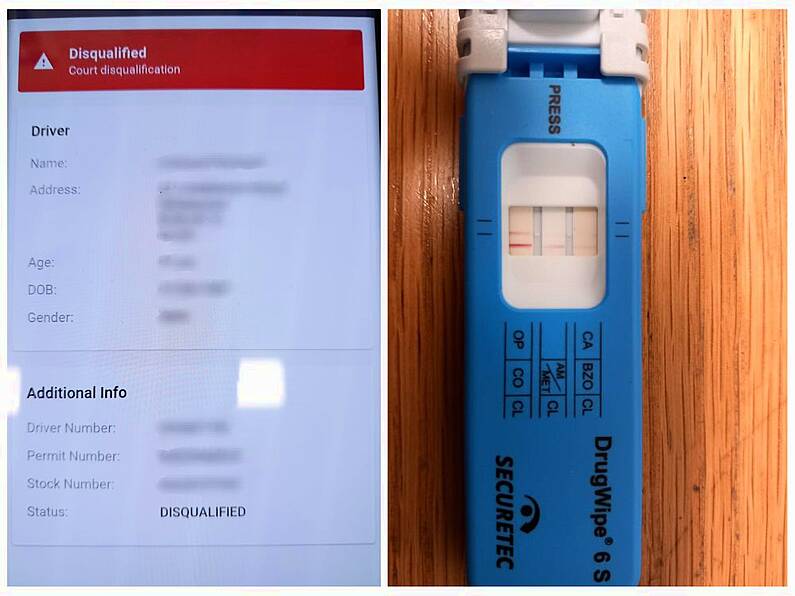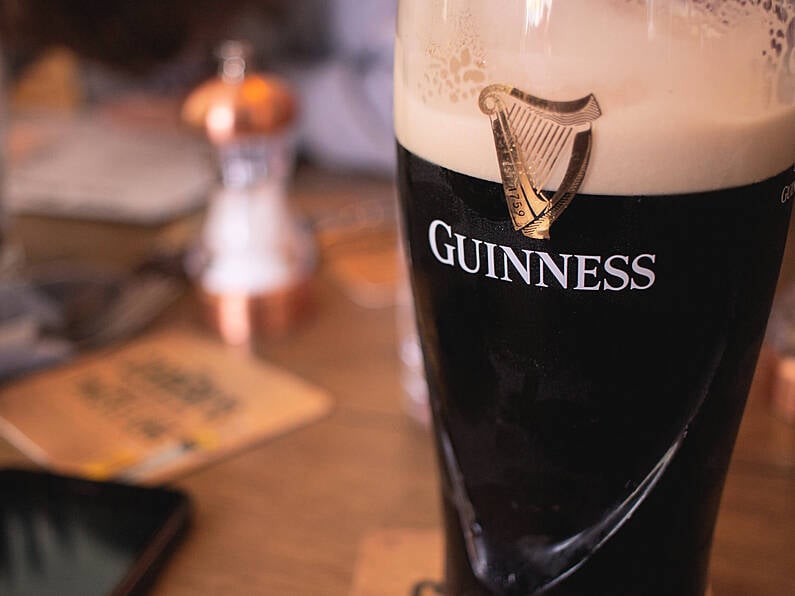Homeless people accounted for almost 10% of all convicted persons sent to prison last year, according to new figures published by the Irish Prison Service.
A total of 517 people jailed in 2022 gave their address as “no fixed abode” – 178 more than the previous year.
It is the highest annual total of homeless people to be imprisoned on record, accounting for 9% of last year’s total number of new committals.
The average annual number of homeless individuals committed to prison over the previous 15 years was 320 with the figure as low as 155 in 2008.
The latest figures also show that a record number of people were jailed last year after being convicted of sexual offences.
A total of 258 individuals found guilty of rape and other types of sexual offences were committed to prison in 2022 – 69 more than the previous year which had also set a record with 189.
The IPS figures also reveal that people living in Dublin were more likely to be sent to prison in 2022 than residents of any other county.
Dublin committal rate
A breakdown of convicted persons handed down prison sentences by the courts last year shows people from Dublin had the highest per capita committal rate at 147 per 100,000 population.
The average rate of incarceration in 2022 was 113 per 100,000 population.
Residents of only four other counties had committal rates above or equal to the national average – Longford (143); Limerick and Louth (both 133) and Carlow (113).
The figures are based on home addresses provided to the Courts Service and IPS by inmates.
People living in the north-west of the country were the least likely to find themselves behind bars in 2022.
The lowest committal rate in the Republic last year was Leitrim with just 37 people sent to prison per 100,000 population.
Other low rates were recorded in Donegal (40); Mayo (54) and Sligo (57).
Overall, 5,801 committals to prison were recorded last year – 538 more than in 2021, representing an annual increase of 10.2%.
It was the highest annual total since 2019 when 7,170 individuals were given a prison sentence.
However, last year’s figure is well below the recent high of almost 14,200 committals to prison in 2015.
As the most populous county, it was unsurprising that the greatest number of new committals to prison last year were people living in Dublin – 2,140 or 37 per cent of the total.
In a similar pattern, the second-highest number of prisoners came from Cork (452) followed by Limerick (279), Louth (186), Galway (179) and Tipperary (155).
Only 13 residents of Leitrim – the least populous county – were jailed in 2022.
A total of 34 people with addresses in Northern Ireland were also sent to prison in the Republic last year.
Another 83 individuals who were jailed in 2022 normally reside outside the island of Ireland, while no address was recorded for another 87 prisoners.
The latest figures also show that women accounted for almost 11% of all committals nationally last year, although the proportion was as high as 16% in Limerick.
A total of 630 females were sent to prison in 2022.
The figures show women are proportionately most likely to be jailed for theft and road traffic offences as well as breaches of bail and court orders.
Sentence lengths
Two-thirds of all prisoners committed to jails in the Republic last year were given sentences of 12 months or less (with the figure as high as 84 per cent for females) with more than a quarter given jail terms of 1-5 years.
Just over 5% of convicted persons sent to prison in 2022 received a jail term over 5 years including 41 individuals who were given a mandatory life sentence for murder.
Prisoners aged 25-34 were the largest single age group for new committals last year accounting for 36% of the total.
However, the proportion of new committals among young people aged 18-24 was at its lowest level in 15 years at just under 15%.
The IPS figures show that non-Irish nationals accounted for almost 22% of all individuals sent to prison in 2022.
Citizens of other EU countries represented 12% of the total with Africans accounting for over 3%. Almost 2% of committals were British citizens.
Seán McCárthaigh
Keep up to date with all the latest news on our website Beat102103.com.






